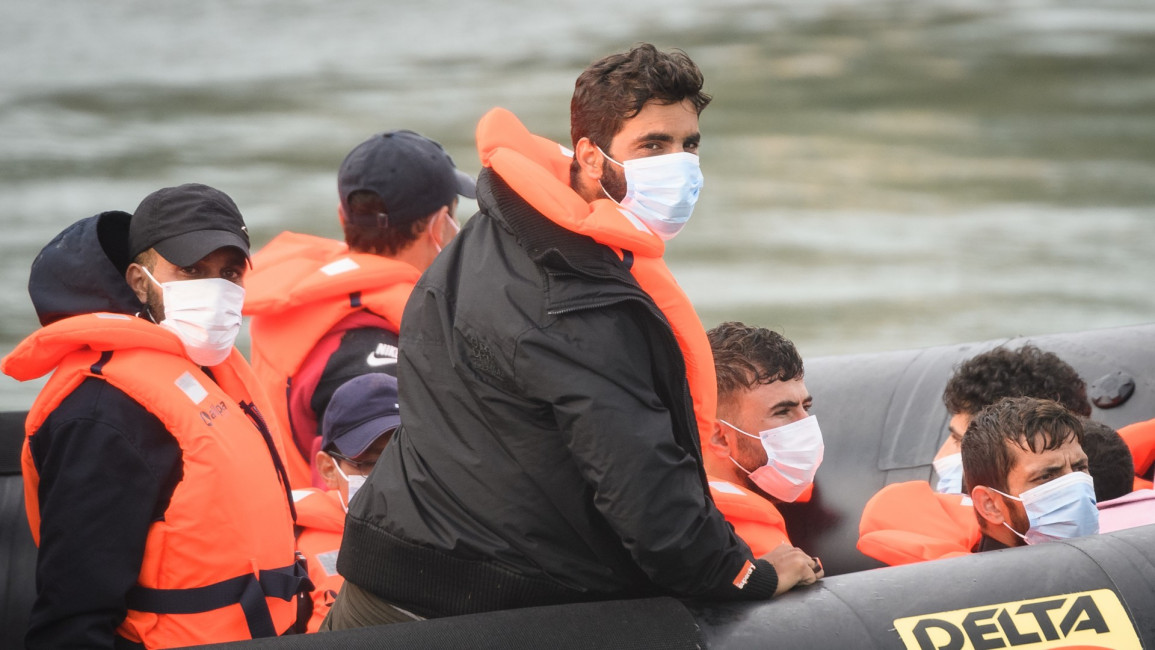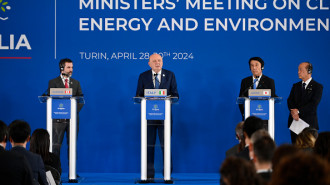Britain, France to discuss plan to stop refugee crossings
This year, more than 4,000 people have arrived in Britain after making the perilous journey on small boats. Many have come from war-torn Syria, from which more than 5.6 million people have fled since war broke out in 2011.
Britain will enter Tuesday's talks with the aim of getting France to stop more boats and return them to port, according to reports over the weekend. France, meanwhile, is seeking £30 million ($39 million) to cover their costs.
Cross-channel migration has proven a thorny issue for the UK government, which has positioned itself as tough on migration.
Prime Minister Boris Johnson, who emerged in recent years as an arch-Brexiter, has promised to regain control of Britain's borders as part of it's exit from the European Union.
Johnson vowed on Monday to change laws he claims make it "very difficult" to deport migrants and asylum seekers.
He has also said Britain will work with France to tackle the "cruel and criminal gangs" who profit from transporting refugees across the Channel on unsafe boats.
James Slack, a spokesman for the prime minister, has called EU migration laws "inflexible and rigid" and said the UK will draft its own rules once the Brexit transition period expires at the end of 2020.
"We will ensure our status as an independent coastal state is properly protected," Slack told reporters on Monday. "The crossings which are taking place are completely unacceptable."
Sea crossings have surged during the coronavirus lockdown as the number of trucks travelling through the Channel Tunnel dropped dramatically.
Read also: Boris Johnson's new-model colonial policy
Deteriorating conditions in northern France's makeshift camps may also be forcing asylum seekers across the channel, as local charities have been forced to stop or scale back their operations in the area due to the pandemic.
Heavy maritime traffic, strong currents and low water temperatures make sea crossings especially dangerous.
Follow us on Facebook, Twitter and Instagram to stay connected



